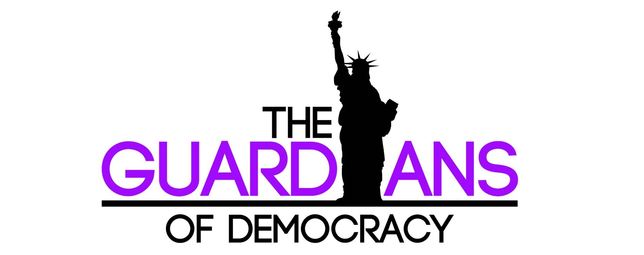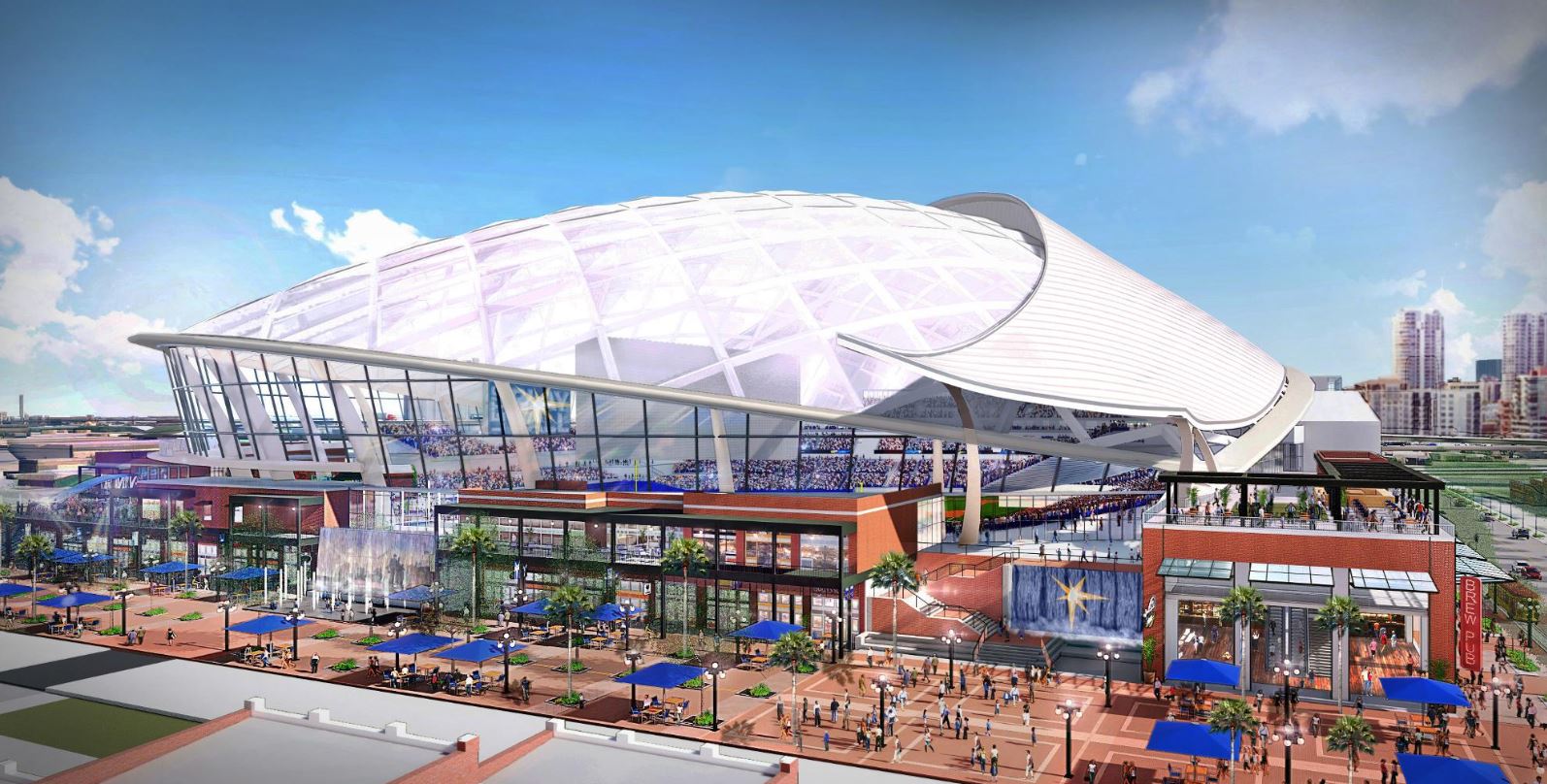Corporate Greed
Why Should Taxpayers Give A Rich NY Baseball Owner $750M For A Stadium He Can Easily Pay For Himself?
The Rays baseball team—with a long history of terrible attendance—is worth $900 million according to Forbes magazine. They are in the process of signing a $1.2 billion television rights contract which means they will get $120 million a year for 10 years in free money just for being here.
The Rays can well afford to build their own stadium!
Rich sports team owners love to threaten their hometown communities by saying if they don’t get a new, fancy and mostly tax-funded stadium, they will move. This is a form of taxpayer blackmail.
Since they are a billion-dollar business, why won’t they build their own facilities? Because by perpetuating lots of myths, they don’t have to—they can get free taxpayer money.
Myth #1: Baseball teams are “economic engines” for cities.
Truth: They are actually the opposite in that they take money out of the community rather than bringing it in. All of the money spent by fans to buy tickets, overpriced hot dogs and beer, parking, clothing, and sponsorships from businesses—all is money already spent somewhere else in the local economy that is simply transferred to the team when they come in.
It’s not new money—it’s old money redistributed!
And who gets hurt by this? Local merchants, restaurants, and many other businesses who are not subsidized by taxpayers. Their revenue is transferred to the team. Businesses get hurt, and so do local charities because there is less money to go around.
Dr. Robert Baade of Lake Forest College—recognized worldwide as an expert on sport team economics including work for many teams and the Olympics—did a massive study on the subject several years ago. He analyzed the economic effects on 36 communities across the country from local major sports teams. He found that 34 of the teams had no positive effect on the economies of their local communities even though many had built multi-million dollar stadiums at taxpayer expense. They got no return on their investment whatsoever.
Dr. Baade also warns about “sports consultants” who multiply all of the team revenues 3 or 4 times to produce the “economic benefit” of the team. It’s fake…the money is already in the market being spent elsewhere.
Myth #2: By moving the stadium the team will suddenly become more successful and everyone will benefit.
Truth: That’s what they said about the Marlins baseball team in Miami. With very similar attendance to the Rays, they spent close to $1 billion to build a fabulous new stadium with taxpayer money. The result? The Marlins’ attendance is now worse than the Rays!
The conclusion is that Miami is not a baseball town. Neither is Tampa Bay, and it has been proven over and over for 20 years.
Consider this: Even if the Rays attendance miraculously increases after taxpayers build them a new $900 million stadium, any monies made by the team won’t stay here—they will go to New York with the owner, along with the profits from concessions, sponsorships, the television rights—all will be shipped out to New York.
Myth #3: Baseball is a great attraction for a market by adding “quality of life.”
Truth: We estimate only about 6% of the Tampa Bay market will ever see a Rays baseball game—about 240,000. So close to 94% of taxpayers and residents really don’t care. Of the top 10 cities in America with the “Best Quality of Life”, 6 do not have a baseball team. And some of the cities with baseball teams are very stale.
Baseball’s fan base is also shifting. Polls indicate that millennials, for example, find baseball very slow. The collective attendance of all MLB teams for the first 2 months of the current season so far is down over 2 million people.
And further evidence that baseball is a shrinking sport—a recent Gallup Poll asked fans what their favorite sport was, and in four years baseball went from 13% of the respondents to 9%. Soccer went from 4% to 7%-which means soccer will probably pass baseball soon as America’s third most popular sport.
And the economy matters-Tampa does not have a large number of people with high discretionary incomes—our household incomes are below the national average. We already support an NFL team and a Major League Hockey team, but we don’t have the extra household income to support a baseball team, too. And, we have the Yankees in the spring.
Critically our mostly small to midsized business base doesn’t include lots of huge corporate headquarters to buy big sponsorships. Baseball teams squeeze small businesses to buy sponsorships and season tickets and special seating—which comes out of their other small company budgets.
Is it morally right for a rich New York team owner to squeeze the businesses and taxpayers of Tampa to provide him with an expensive new stadium? And if not, he threatens to leave?
It is probably not morally right.
But it almost doesn’t matter because we can’t afford it.
Take that $750 million in taxpayer money and put it into our schools, our transportation, our parks and libraries. They all need more funding—our schoolteachers have to buy their own supplies! Our roads and bus system alone need over $3 billion for updating and repair.
And tell the Rays that if they want to pay for their own place of business, like all of the rest of us do in Tampa Bay, they are welcome to stay.
Otherwise, please go find that $750 million from taxpayers somewhere else.
Rendering for the field at the new Rays stadium in Tampa. (Handout)




















